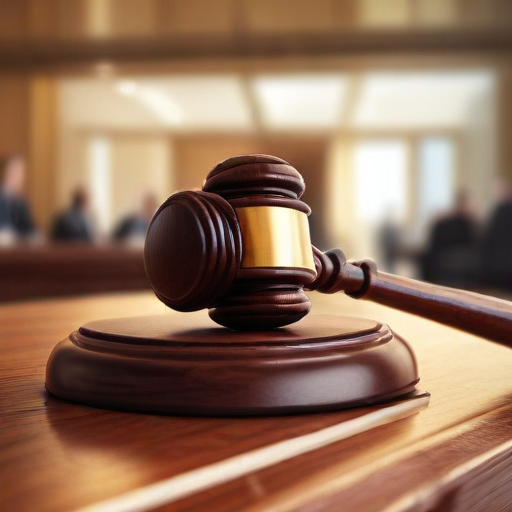Former Congressman Matt Gaetz, selected by President-elect Donald Trump as nominee for attorney general, faces significant scrutiny due to ongoing allegations involving illicit drug use and inappropriate relationships with underage individuals; however, he has not been formally charged with any crime. Lawmakers from both parties are advocating for the public release of a House Ethics Committee report that is expected to contain serious accusations against Gaetz. Despite these claims, Gaetz has consistently maintained his innocence.
As attorney general, Gaetz would oversee the Department of Justice, which is responsible for prosecuting federal crimes and representing the federal government in significant legal matters. Should his nomination be confirmed, he would manage a vast team that includes attorneys and special agents, alongside the solicitor general who represents the government before the Supreme Court.
Gaetz, 42, formerly served in both the Florida House and the U.S. House of Representatives, often aligning with the more libertarian wing of the Republican Party. He gained notoriety for his staunch defense of Trump during the former president’s impeachment and has been vocal in promoting unsubstantiated claims regarding election fraud and the events surrounding the January 6 Capitol attack.
The accusations against him have roots in a federal investigation tied to his associate Joel Greenberg, who was arrested on multiple felonies including sex trafficking of a minor. Greenberg has since cooperated with authorities, contributing to inquiries into Gaetz’s actions. Although the Justice Department closed its investigation without charges, the House Ethics Committee continues to probe similar allegations, including misuse of campaign funds and inappropriate conduct involving colleagues.
Gaetz’s recent resignation from Congress occurred just days before the House Ethics Committee was set to vote on releasing its report, prompting questions about the timing and implications of his departure. Prominent legislators across the aisle have called for transparency, insisting that the findings are critical to determining Gaetz’s qualifications for the attorney general position.
Despite the surrounding controversy, some within the Republican party seem to remain supportive of Gaetz, with his transition team dismissing the allegations as unfounded. However, the confirmation process is expected to be contentious, particularly in light of the potential for new revelations from the Ethics Committee.
The Senate Judiciary Committee will take the lead on reviewing Gaetz’s nomination, which will include public hearings where both proponents and opponents will have the opportunity to testify. Given the mixed responses from Senate Republicans about Gaetz’s nomination, the outcome may hinge on the committee’s investigation findings as well as broader party dynamics.
In summary, the nomination of Matt Gaetz as attorney general is shrouded in controversy due to past allegations, ongoing investigations, and the potential implications for the integrity of the Department of Justice. As the confirmation process unfolds, it will be crucial for lawmakers to ensure that transparency and accountability are upheld, providing the public with clarity regarding Gaetz’s suitability for such a high-ranking position in the federal government.
On a hopeful note, this situation presents an opportunity for lawmakers to reinforce the foundations of ethics and integrity in government, emphasizing the importance of scrutiny in upholding democracy and public trust in institutions.
